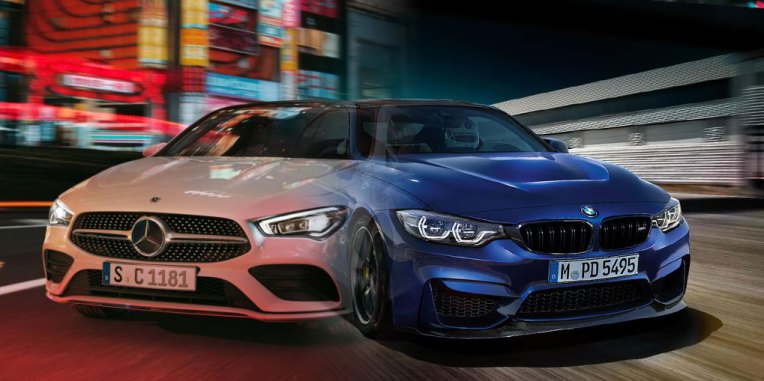BMW, Mercedes Benz end ‘long term’ automated driving alliance, for now - 3 minutes read
 BMW Group and Mercedes-Benz AG have punted on what was meant to be a long term collaboration to develop next-generation automated driving technology together, less than a year after announcing the agreement.
BMW Group and Mercedes-Benz AG have punted on what was meant to be a long term collaboration to develop next-generation automated driving technology together, less than a year after announcing the agreement.The German automakers called the break up “mutual and amicable” and have each agreed to concentrate on their existing development paths. Those new paths may include working with new or current partners. The two companies also emphasized that cooperation may be resumed at a later date.
The partnership, which was announced in July 2019, was never meant to be exclusive. Instead, it reflected the increasingly common approach among legacy manufacturers to form loose development agreements in an aim to share the capitally intensive work of developing, testing and validating automated driving technology.
The two companies did have some lofty goals. The partnership aimed to develop driver assistance systems, highly automated driving on highways, and automated parking and launch those technology in series vehicles scheduled for 2024.
It seems that the perceived benefits of working together were overshadowed by reality: creating a shared technology platform was a more complex and expensive task than expected, according to comments from the companies. BMW and Mercedes-Benz AG said they were unable to hold detailed expert discussions and talk to suppliers about technology roadmaps until the contract was signed last year.
“In these talks — and after extensive review — both sides concluded that, in view of the expense involved in creating a shared technology platform, as well as current business and economic conditions, the timing is not right for successful implementation of the cooperation,” the companies said.
BMW and Mercedes have other projects and partners. BMW, for instance, is part of a collaboration with Intel, Mobileye, Fiat Chrysler Automobiles and Ansys. Daimler and Bosch launched a robotaxi pilot project in San Jose last year.
Meanwhile, both companies are still working together in other areas. Five years, BMW and Daimler, the parent company of Mercedes-Benz, joined Audi AG to acquire location and technology platform HERE. That ownership consortium has since grown to include more companies.
And last year, BMW Group and Daimler AG also pooled their mobility services in a joint venture under the umbrella of the NOW family.
Separately, BMW said Friday it will cut 6,000 jobs in an agreement reached with the German Works Council. The cuts, prompted by sluggish sales caused by the COVID-19 pandemic, will be reportedly accomplished through early retirement, non-renewal of temporary contracts, ending redundant positions and not filling vacant positions, Marketwatch reported.
Source: TechCrunch
Powered by NewsAPI.org